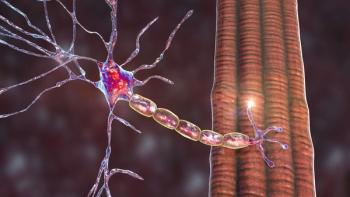
AskBio’s AB-1003 was previously granted fast track designation by the FDA.
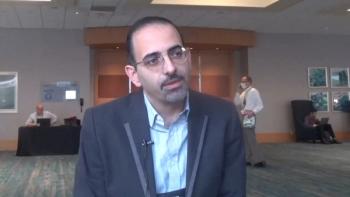
The associate professor of medicine at Sylvester Comprehensive Cancer Center discussed updated data from the phase 3 ALLELE study.
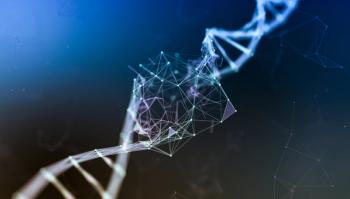
Intellia is also seeking an IND for phase 2 US sites of its other lead candidate, NTLA-2001 for ATTR amyloidosis.
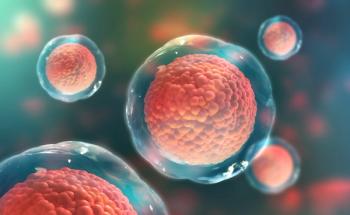
Four of 5 patients showed improvements in ejection fraction following bone marrow transplant.
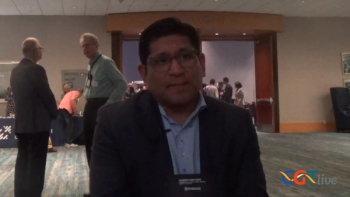
The vice chair for cellular therapies at Roswell Park Comprehensive Cancer Center discussed new research from the center presented at the 2023 Tandem Meetings.
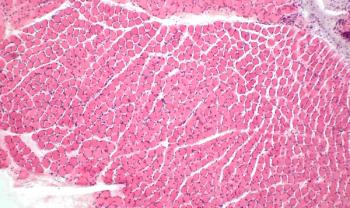
The therapy demonstrated an ability to repair injured muscle in mice models of Duchenne.
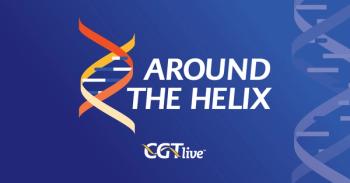
Catch up on the latest news, breakthroughs, and announcements from biotechnology companies making advancements in cell and gene therapies.
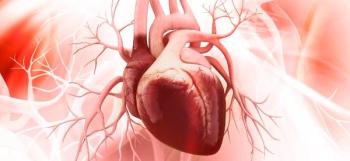
4D Molecular Therapeutics’ 4D-310 effected clinically meaningful improvements in left ventricular function, exercise capacity, and quality of life.
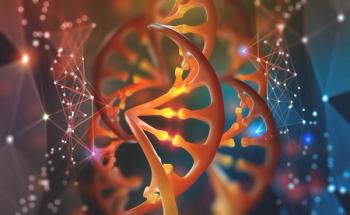
All dose-escalation patients withdrew from enzyme replacement therapy (ERT) and remain off ERT.
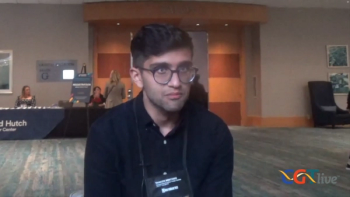
The MD, PhD candidate at Baylor College of Medicine discussed findings from a new study presented at the 2023 Tandem Meetings.
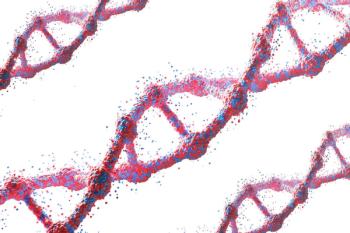
In observance of Rare Disease Day, held annually on February 28, catch up on some of the latest data updates from clinical trials for rare diseases.

Ultragenyx’s self-complementary AAV9-based gene therapy reduced levels of relevant CSF biomarkers, as well as improvements in neurocognitive assessments and behavioral domains, among patients without neurodegeneration.
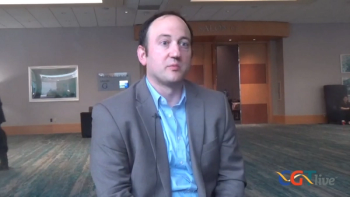
The assistant professor of BMT and cellular therapy discussed updated safety and efficacy data on CD22 CAR T-cell therapy.

Patients who received the high dose of PBGM01 showed an increase in β-Gal activity in the CSF of 4.7 to 5.2 times baseline.
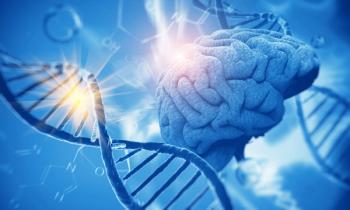
Most treated participants were within 2 SDs of normative mean in acquiring cognition, expressive language and fine motor skills.
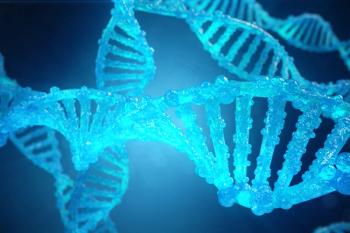
Interim data from the phase 1/2 CAMPSIITE trial were presented at WORLDSymposium 2023.
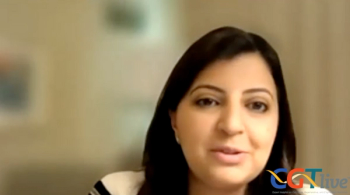
Al-Zaidy, the vice president of clinical development and lead on the GM1 Program at Passage Bio, discussed the results of the phase 1/2 Imagine-01 clinical trial of PBGM01.
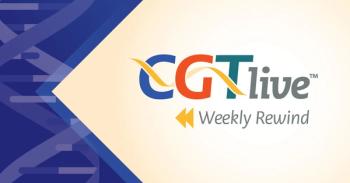
Review top news and interview highlights from the week ending February 24, 2023.
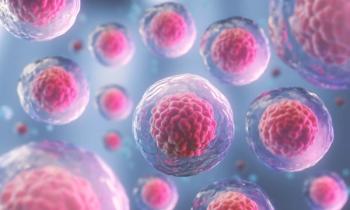
Long term data from 2 clinical trials and expanded access programs were presented at WORLDSymposium 2023.

The patient has not re-started any of his previous Gaucher-specific therapy since receiving AVR-RD-02.
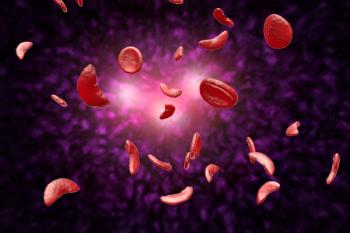
The announcement of a “strategic realignment” comes less than 2 months after the company voluntarily paused the CEDAR clinical trial due to a serious, nula-cel-related adverse event.
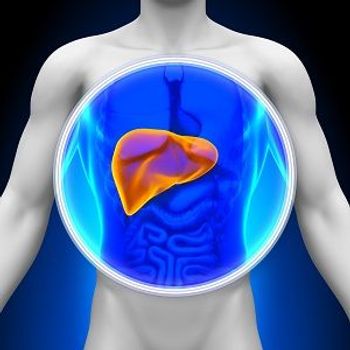
Two patients treated with AVR-RD-02 showed clinically meaningful reductions in liver size.
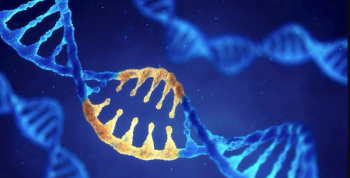
FBX-101 showed promising efficacy and has been well-tolerated so far in the RESKUE trial.

Catch up on the latest news, breakthroughs, and announcements from biotechnology companies making advancements in cell and gene therapies.
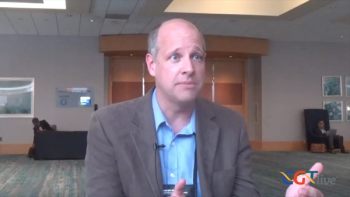
The assistant professor of medicine and pediatrics at Stanford University discussed updated data from 2 studies of Orca-T cell therapy.
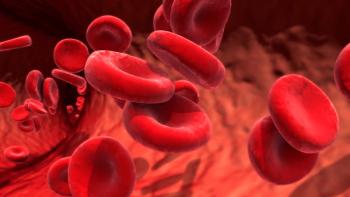
The gene therapy was approved in the US in the same indication in November 2022.
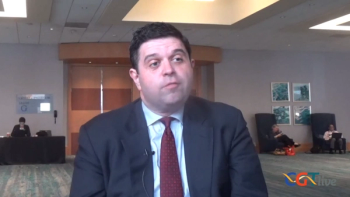
The professor medicine and pediatrics at Washington University in St. Louis overviewed data from the SPEARHEAD-1 trial of afami-cel.
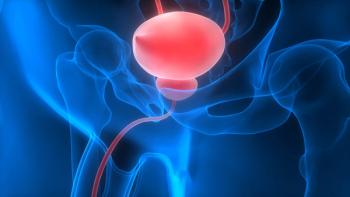
By 3 months, 12 of 17 patients treated with a full cycle of EG-70 achieved a complete response.
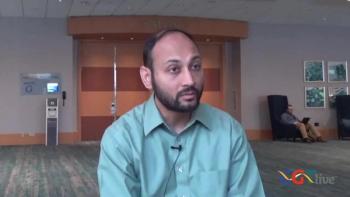
The assistant professor of medicine at Vanderbilt University Medical Center discussed results from a retrospective analysis presented at the 2023 Tandem Meetings.